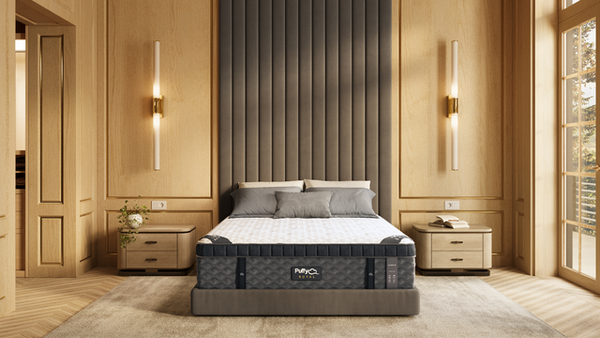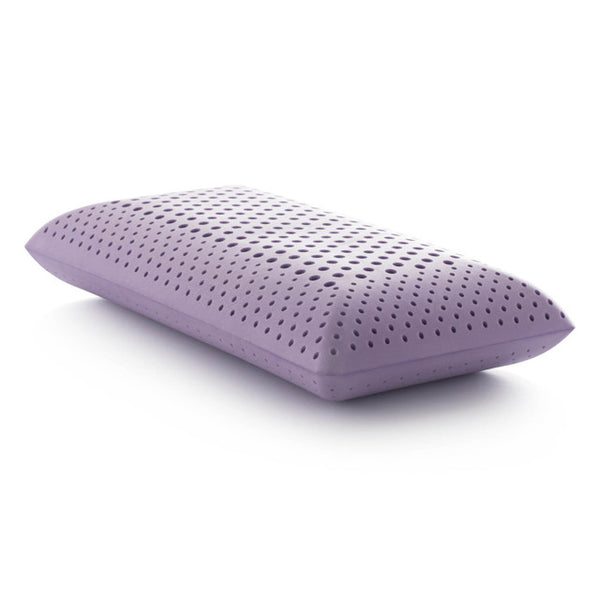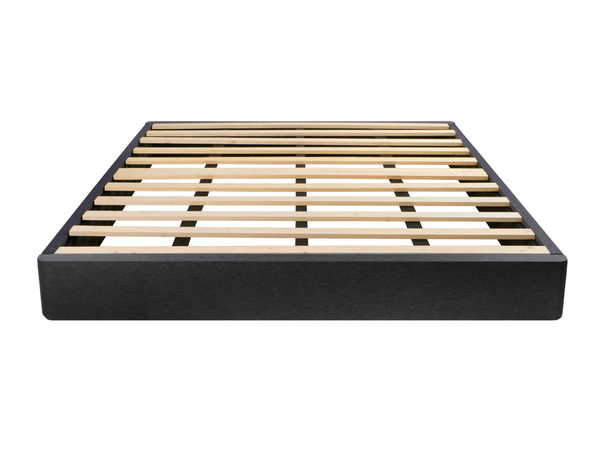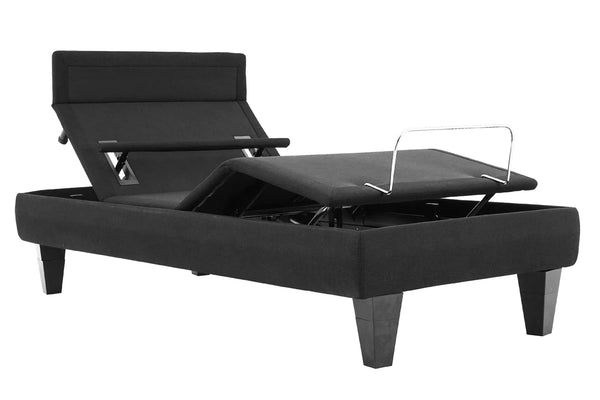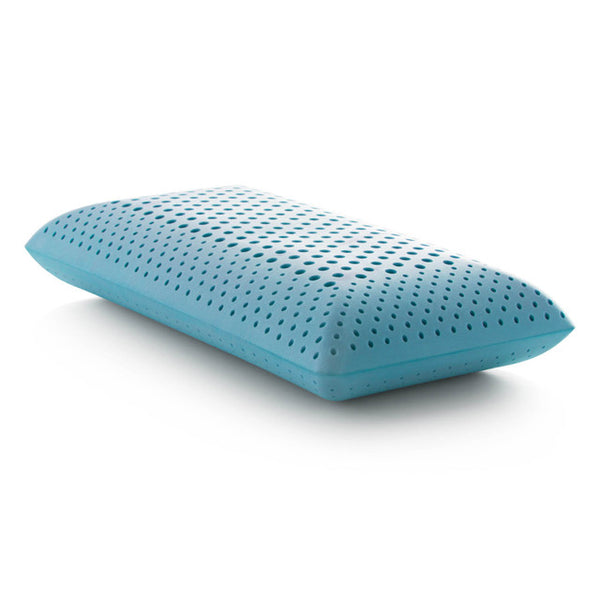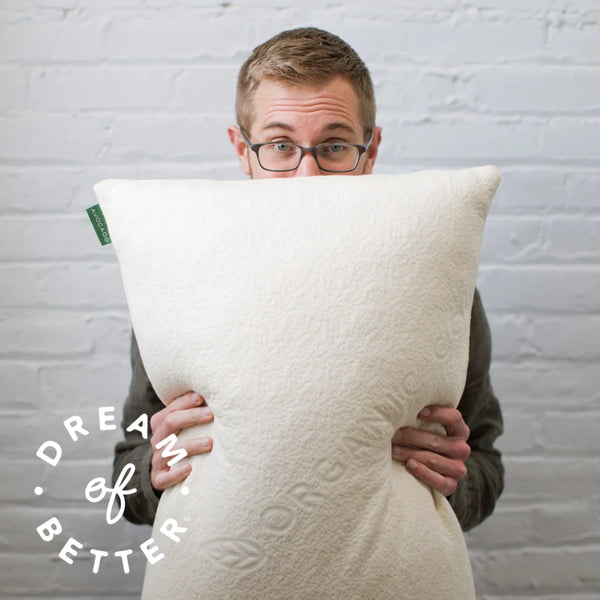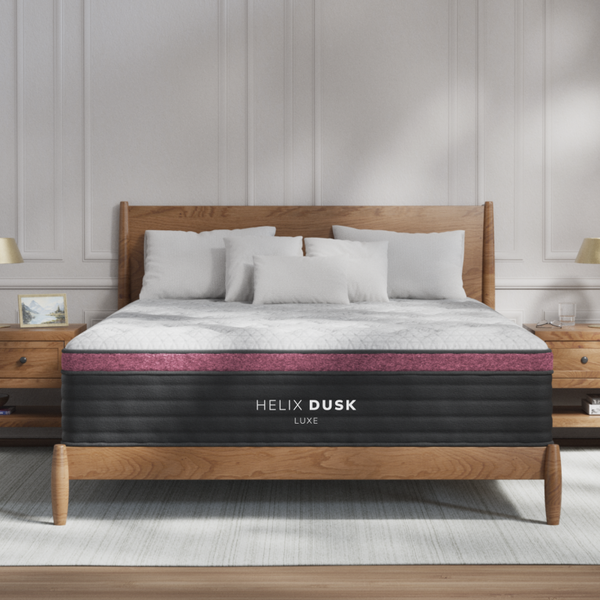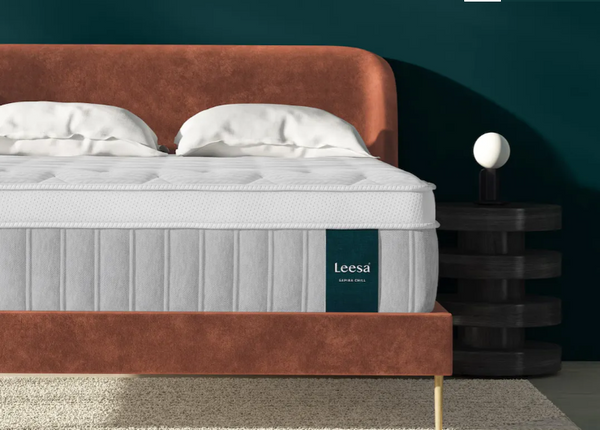
Understanding Sleep Apnea and Its Impact on Veterans

Sleep apnea, a condition marked by repeated interruptions of breathing during sleep, is notably prevalent among veterans. Its recognition as a critical health issue is paramount due to its potential to severely disrupt a veteran's well-being. Living with this condition can lead to significant impairments in daily life, from chronic fatigue that hampers job performance to more severe health complications that can arise over time. The impact of sleep apnea extends beyond the nuisance of snoring—it's a hurdle to the overall quality of life that demands attention and care, especially for those who've served in the military.
The Basics of Sleep Apnea VA Ratings
For many veterans, understanding the intricacies of sleep apnea VA ratings is more than just bureaucratic navigation; it's a pivotal step in securing essential health benefits and improving quality of life. Sleep apnea VA ratings are assessments used by the Department of Veterans Affairs to determine the severity of a veteran’s sleep apnea condition and the corresponding level of compensation. This rating is crucial because it directly influences the benefits a veteran is eligible to receive.
The significance of these VA ratings extends beyond a monthly compensation check. They play a central role in accessing comprehensive support from the VA, including coverage for medical devices like Continuous Positive Airway Pressure (CPAP) machines, which are often prescribed for the treatment of sleep apnea. A proper rating can unlock a range of benefits designed to assist veterans in managing their health condition effectively.
Veterans' benefits are not just a means of assistance; they are a right earned through service. Recognizing the importance of sleep apnea VA ratings is the first stride toward claiming the support owed to veterans. Such support ensures that those who have served can lead healthier, more comfortable lives, acknowledging the sacrifices made in service of their country.
How the VA Rates Sleep Apnea
When addressing the topic of sleep apnea, a condition that can have profound effects on the health and well-being of veterans, it's crucial to understand how the Veterans Affairs (VA) rates this medical condition. The VA employs a comprehensive rating system specifically designed to assess the severity of sleep apnea and its impact on a veteran's life.
The cornerstone of this system is the examination of objective medical evidence, which includes sleep studies and physician evaluations. By analyzing the frequency of breathing interruptions during sleep, as well as the overall reduction in oxygen levels in the bloodstream, the VA categorizes the condition into different levels of severity. These levels are integral in determining the appropriate sleep apnea VA rating.
It's important to note that the VA recognizes sleep apnea as a potentially disabling condition under certain circumstances. The rating can range from 0% to 100%, reflecting the range from mild to severe cases of sleep apnea. A veteran with a 0% rating may have a diagnosis of sleep apnea but typically exhibits minimal to no symptoms that affect their daily activities. Conversely, those with more severe symptoms that have a pronounced effect on their health and occupational functionality may receive a higher rating.
In essence, the VA rating system for sleep apnea is centered around the principle of fair and adequate compensation for the disability incurred as a result of military service. This encompasses the veteran's ability to work and partake in daily activities, hence, the more intrusive the symptoms, the higher the potential rating.
The Sleep Loft acknowledges the significance of understanding sleep apnea's impact and the VA's rating system. In our efforts to provide comprehensive support, we also recognize the role a quality mattress can play in managing sleep apnea and improving overall sleep quality for veterans. Through our curated selection of mattresses and sleep products, we are committed to enhancing the rest and recuperation that our veterans deeply deserve.
The Connection Between Military Service and Sleep Apnea
For veterans, establishing a service connection for sleep apnea is a critical step in accessing the benefits they are entitled to. Recognizing the condition as related to their time in service can pave the way for appropriate VA ratings and subsequent support. Veterans often find themselves navigating a complex web of requirements to prove that their sleep apnea diagnosis is a direct result of their military service.
To forge this connection, the role of service records and medical evidence becomes paramount. Veterans must provide comprehensive documentation that illustrates the onset or aggravation of sleep apnea during or as a consequence of their military service. This is where a meticulous compilation of service-related medical records, personal statements, and buddy statements can serve as a bedrock for establishing the required nexus.
Medical evidence, on the other hand, requires a clear diagnosis of sleep apnea from a qualified medical professional. This should be coupled with an expert opinion that draws a plausible link between the veteran's current diagnosis and their service. Such evidence not only substantiates the claim but also reinforces the veteran's narrative of service connection.
In essence, the journey to securing a sleep apnea VA rating hinges on the veteran's ability to present a well-documented case that interweaves their service history with their current medical condition. It is an endeavor that demands attention to detail and an unwavering commitment to advocating for one's health and rights.
Service Connection: Primary and Secondary Sleep Apnea Claims
When it comes to securing the benefits deserved for sleep apnea, veterans must navigate the nuances of service connection claims. Understanding the pivotal distinction between primary and secondary service connection claims is the first step. A primary service connection is straightforward – it's a direct link between the sleep apnea and the veteran’s service. This means that the condition was either incurred or aggravated by their military service.
In contrast, a secondary service connection claim for sleep apnea requires a different approach. Here, the argument is that sleep apnea has developed as a consequence of another service-connected condition. It's a chain reaction; one health issue, already recognized by the VA as service-related, has led to another – in this case, sleep apnea.
Several conditions are commonly linked to sleep apnea and could serve as a basis for a secondary service connection. For instance, veterans with service-connected post-traumatic stress disorder (PTSD) often experience sleep disturbances that could exacerbate or contribute to the development of sleep apnea. Similarly, other respiratory or heart conditions, which are prevalent among the veteran population and often connected to their service, can also increase the risk of sleep apnea.
The process of establishing a secondary service connection involves a meticulous gathering of medical evidence and expert opinions. The goal is to demonstrate the interconnection between the primary service-connected condition and the onset of sleep apnea. Successfully doing so can significantly impact the benefits and support veterans receive, ensuring they have access to the comprehensive care they need.
Navigating the VA Claims Process for Sleep Apnea
Embarking on the journey of filing a VA claim for sleep apnea can seem daunting, but arming yourself with the right knowledge can make the process smoother. The goal is to submit a claim that is clear, complete, and compelling enough to avoid the common pitfalls that lead to denials.
Begin by assembling all necessary medical records and evidence that demonstrate the presence and severity of your sleep apnea. This includes sleep study results, doctor's notes, and any other pertinent medical evaluations. Ensure that these documents clearly link your sleep apnea to your military service, whether as a direct result of service or as a secondary condition to other service-connected issues.
Accuracy and thoroughness are your allies. Double-check your claim for any errors or omissions that might raise questions about the legitimacy of your case. Be explicit about how sleep apnea has impacted your life, detailing the ways it hinders your daily activities and overall health.
It's equally important to understand the VA's schedule for rating disabilities. Familiarize yourself with the criteria they use to assess the severity of sleep apnea, as this will inform the language you use and the evidence you submit. If you're using a Continuous Positive Airway Pressure (CPAP) machine prescribed by a doctor, for instance, this is significant information that can affect your rating.
Finally, be proactive and persistent. Once your claim is submitted, stay on top of the process. If additional information is requested, respond promptly. If a claim is denied, consider the reasons provided and seek to appeal with additional evidence or clarification.
In essence, a meticulous approach to filing your VA claim for sleep apnea, replete with comprehensive documentation and an understanding of the VA's evaluation criteria, will enhance the likelihood of approval and help you achieve the rating that accurately reflects your condition.
Treatment Options and VA Benefits
When it comes to managing sleep apnea, there are several treatment avenues one can explore. The most commonly prescribed device for treating sleep apnea is the Continuous Positive Airway Pressure (CPAP) machine. This device works by delivering a steady stream of pressurized air through a mask, which keeps the airways open during sleep. This treatment is widely regarded as an effective method for preventing the collapse of the airway, which is typical in obstructive sleep apnea cases.
Aside from CPAP machines, other treatment options include dental appliances, lifestyle changes, and in certain cases, surgery. These treatments aim to ensure uninterrupted breathing during sleep and thereby improve the overall health and well-being of individuals suffering from sleep apnea.
The Department of Veterans Affairs acknowledges the challenges that come with sleep apnea, and as such, provides benefits to cover the treatment of this condition. Veterans diagnosed with sleep apnea who are eligible for VA benefits may receive coverage for their CPAP machines and related equipment. This coverage is crucial as it not only aids in managing the condition but also ensures that veterans have access to the necessary equipment without bearing the full financial burden.
Veterans interested in exploring the benefits available to them can do so by initiating a claim with the VA. As part of the claim process, it is important to provide comprehensive medical documentation that substantiates the need for sleep apnea treatment. Through these benefits, veterans can secure the equipment needed to improve their sleep quality and, by extension, their overall health.
Maximizing Your Sleep Apnea VA Rating
Securing the appropriate Veterans Affairs (VA) rating for sleep apnea can be pivotal in ensuring that you receive the benefits and support you deserve. Understanding and implementing effective strategies can greatly enhance the likelihood of obtaining a higher VA rating for this condition. Thorough documentation and comprehensive medical evaluations stand as the cornerstones of a robust VA claim for sleep apnea.
Beginning with documentation, it is paramount to meticulously compile all medical records that relate to your sleep apnea. This includes sleep studies, physician notes, and any other relevant test results. Evidence that illustrates the severity of your condition and its impact on your daily life is particularly valuable. Moreover, if you use a Continuous Positive Airway Pressure (CPAP) machine or other assistive devices, be sure to include records of this as well.
Medical evaluations play a critical role, as they serve as a professional testament to the extent of your sleep apnea. Regular check-ups and consultations with specialists not only help in managing your condition but also contribute to building a solid case for your VA claim. It is important to have a current diagnosis from a qualified medical professional and, if possible, an assessment that clearly connects your sleep apnea to your military service.
Remember, the process of obtaining a fair VA rating for sleep apnea may be daunting, but arming yourself with comprehensive documentation and seeking out thorough medical evaluations can steer your claim toward a favorable outcome. Embrace a proactive stance and attend to the details of your claim with precision to maximize your VA rating for sleep apnea.
Dealing with Sleep Apnea VA Rating Denials
When it comes to securing the benefits you're entitled to, facing a denial for a sleep apnea VA claim can be disheartening. Understanding why claims are denied and knowing the steps to take afterwards can make all the difference in navigating this complex process. Let's explore some of the most common hurdles veterans encounter and how to overcome them.
One of the frequent causes of claim denial is the lack of a clear service connection. The VA requires solid evidence that sleep apnea was either developed during or exacerbated by military service. Without this direct link, establishing a basis for compensation can be challenging. Additionally, inadequacies in medical documentation or the absence of regular use of a prescribed CPAP machine can lead to unfavorable outcomes. It's crucial to provide comprehensive and accurate medical records that demonstrate the severity of your condition and its impact on your daily life.
If your claim has been denied, don't lose hope. You have the right to appeal the decision. Start by reviewing the VA's explanation for the denial. This will help you address specific areas of weakness in your initial claim. From there, gathering additional evidence is your next step. This might include new medical evaluations, statements from fellow service members, or further documentation of your sleep apnea's connection to your service.
Remember, the appeals process can be rigorous, and the importance of details cannot be overstated. Consider seeking support from a veteran service officer who can provide guidance tailored to your unique situation. They can assist you in preparing a comprehensive appeal that addresses the VA's concerns, increasing the chances of a successful resolution.
In the quest for better sleep and the benefits you deserve, knowledge is power. Keep yourself informed, prepared, and persistent. If sleep apnea is impacting your life, know that there are resources and avenues available to help you obtain the VA rating that reflects the true extent of your condition.
The Sleep Loft’s Role in Supporting Better Sleep for Veterans with Sleep Apnea
At The Sleep Loft, we recognize the critical intersection between quality sleep and overall health, especially for veterans contending with sleep apnea. Managing this condition goes beyond medical treatment; it extends into the realm of daily comfort and restorative sleep, aspects directly influenced by the sleep environment. The importance of choosing the right mattress cannot be overstated—it's an investment in health that can yield dividends in the form of better sleep.
Our suite of products has been curated with the express purpose of enhancing sleep quality. From mattresses that provide the ideal balance of support and comfort, to adjustable beds that cater to the perfect sleep position, our goal is to address the individual needs of those with sleep apnea. Each veteran's journey with sleep apnea is unique, and so too should be their sleep solution. At The Sleep Loft, we offer personalized assistance to navigate our product range, ensuring that each veteran finds the sleep system that best aligns with their requirements.
Understanding that uninterrupted sleep is essential for those with sleep apnea, we offer a selection of top-rated mattress brands known for their quality and comfort. Brands like Helix, Leesa, and DreamCloud feature in our collection, each bringing a unique set of benefits to the table. Whether it's the contouring support that relieves pressure points, or materials that promote air circulation to keep sleepers cool, our mattresses are designed to foster the conditions conducive to a good night's rest.
Moreover, we believe in the power of a holistic approach to managing sleep apnea. This is why our product range extends to include accessories like pillows and mattress protectors that work in conjunction with your mattress to create an optimal sleep environment. Adjustable beds and headboards add another layer of customization, allowing veterans to find their ideal sleeping position with ease.
In conclusion, The Sleep Loft is committed to assisting veterans in their quest for better sleep. We believe that the right mattress and sleep accessories can play a transformative role in managing sleep apnea effectively. Veterans are invited to explore our products and reach out for guidance—we're here to help you achieve the restful sleep you deserve.
Conclusion
As we wrap up our comprehensive guide, we underscore the critical nature of both comprehending and managing sleep apnea, particularly for those who have valiantly served our nation. Veterans grappling with this condition face not just nightly disruptions but also long-term health implications, making it imperative to address sleep apnea with the seriousness it demands.
To all veterans, the path ahead is two-fold. Firstly, it is essential to secure the VA ratings that rightfully reflect the extent of your condition. These ratings are more than just numbers; they are a gateway to the benefits and support you need and deserve. Secondly, we encourage you to delve into the resources provided by The Sleep Loft. Our selection is meticulously curated to ensure that each product, from state-of-the-art mattresses to supportive sleep accessories, aligns with your quest for restorative sleep.
Effective sleep apnea management can significantly enhance your quality of life. We at The Sleep Loft are committed to aiding you in this journey with our expert advice, superior products, and unwavering support. Empower yourself by taking the necessary steps to improve your sleep and well-being.
Sleep Health Insights
For veterans with sleep apnea, managing sleep quality is paramount. The Sleep Loft's blog offers a wealth of information on sleep health and the influence of mattresses on sleep quality, particularly for those affected by sleep apnea. Explore our posts to learn more about the connection between restful sleep and the right mattress.
We understand the unique needs of veterans coping with sleep apnea and stand ready to assist in selecting the appropriate sleep products. Our comprehensive range includes top-rated mattresses like Helix and Nolah, designed to support and improve sleep health. To discuss personalized mattress options that can aid in sleep apnea management, we invite you to contact us for guidance tailored to your specific needs.

